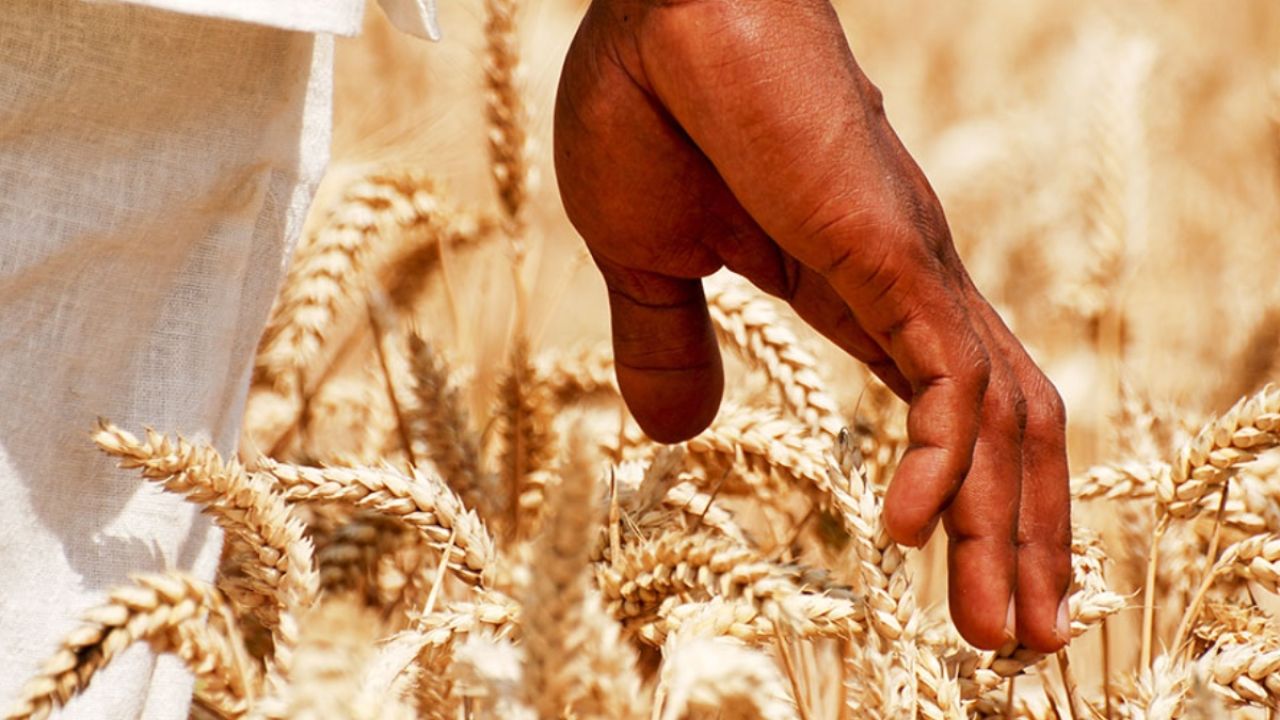
“We put the database together to not stay in our lane,” says Ken Cook about EWG’s decision to initiate the most important ag reform in 20 years. Frustrated by the attitude on the Hill toward the powerful farm subsidy program, Ken was not interested in playing by the rules dictated by the powerful agribusiness lobby and their apologists in Congress.
“Stay in your lane” is how Ken describes the attitude. “’We’ll tell you how much you can have for conservation; the commodities are not for you.’ Are these rules protecting the powerful at the expense of the people we should be fighting for?”
For over two years, the small staff of a fledgling EWG dug up detailed data on every farm subsidy recipient. They filed a massive Freedom of Information Act request with the Department of Agriculture, receiving the data more than a year later in the form of the blocky early ’90s computer tapes you’d most likely recognize from a Bond movie.
“They probably didn’t think we could use it,” explains Chris Campbell, the data scientist who first analyzed the material. “But we spent hours spooling data onto hard drives, making it usable, getting grants for more powerful machines – whatever we had to do.”
EWG thought they would risk irritation and delay by asking the USDA outright for the names of the subsidy recipients, so they had used the FOIA to ask for ZIP codes, expecting to get nothing. By the USDA made a mistake – it included data on the racial breakdown of the farm subsidies. Of course, EWG wanted names, too, so they worked with a Washington Post reporter to FOIA the names. When USDA challenged the FOIA, the Post sued and won, paving the way for EWG to gain the information quickly themselves.
It was a Friday night when the analysts were finally ready to conduct the first ZIP code search on the database – 90210. And there they were – farm subsidy recipients dotting the manicured neighborhood of Beverly Hills. The analysts found recipients in Manhattan, too, and in the wealthy suburbs of just about every major American metropolis. The first EWG report on farm subsidies was called “City Slickers.”
News stories following the release of “City Slickers” led National Black Farmers Association President John Boyd to knock on EWG’s office door. He’d seen Ken in the papers criticizing the Farm Bureau’s shortcomings and thought the two should talk.
Ken agreed, and EWG shared the racial breakdown they’d inadvertently received from the USDA. So began a years-long campaign to correct rampant economic discrimination against Black farmers by the USDA in the farm subsidy program. EWG’s report, authored by a former EWG general counsel and current EWG board member Arianne Callendar, exposed the unfairness of the settlement of the 1999 class action lawsuit against the USDA. The report supported the critical work of movement leaders to reopen the issue of discrimination and won an additional $1.3 billion for Black farmers – at the time, the largest civil rights settlement in U.S. history.
EWG put the farm subsidy database online to get out of their lane, and they’ve never looked back. “There’s no one we’re afraid to take on, if we need to,” says Ken. “Let’s break with the norms whenever people need help.”